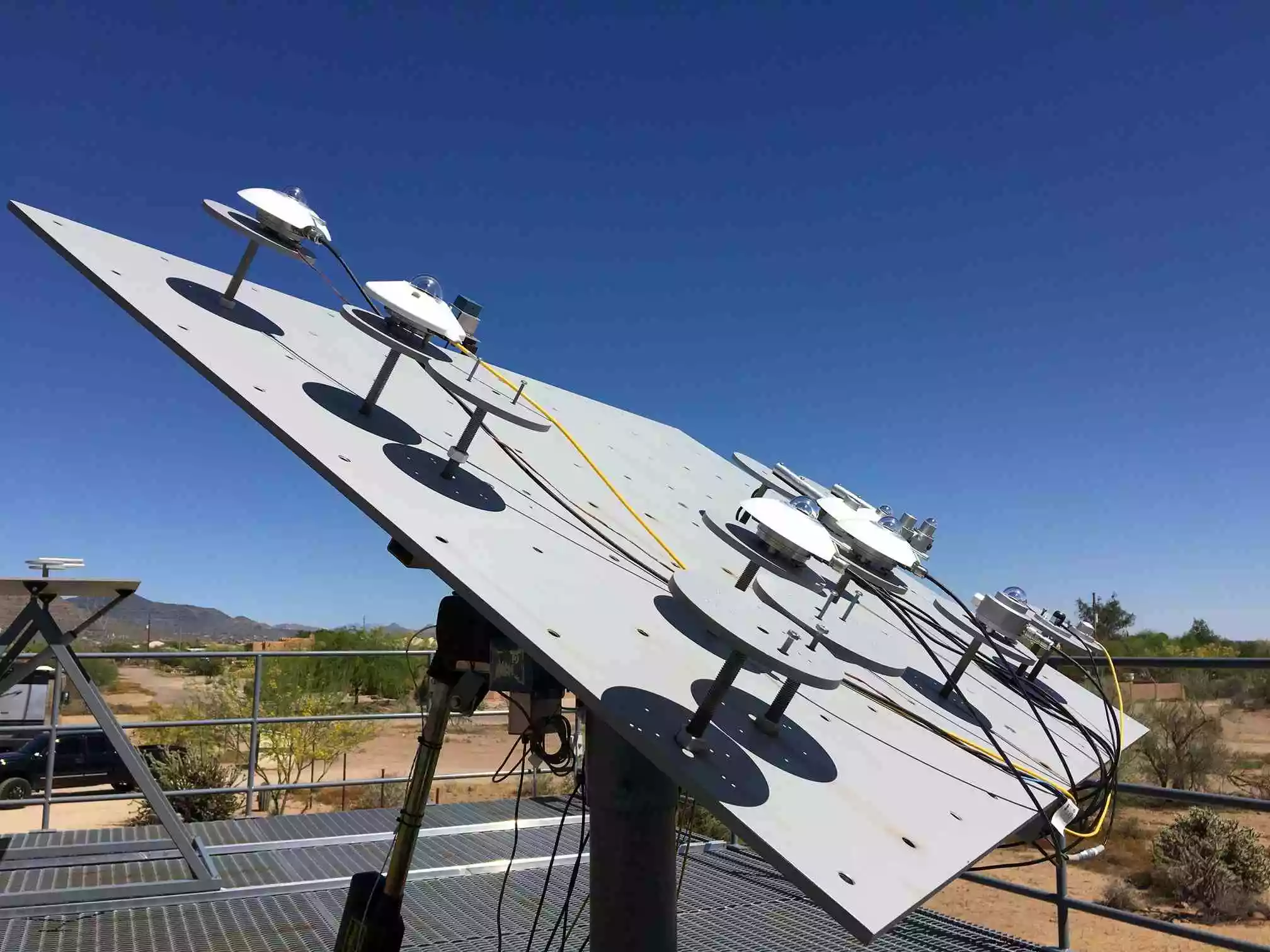
How Accurate Solar Sensor Calibration Benefits Commercial Solar Installations
How Accurate Solar Sensor Calibration Benefits Commercial Solar Installations
Accurate solar sensor calibration plays a pivotal role in the effectiveness and profitability of commercial solar installations. For businesses leveraging solar energy, precision in sensor data directly impacts operational efficiency, sustainability efforts, and financial outcomes.
The Role of Solar Sensors in Commercial Installations
Solar sensors, including pyranometers and pyrheliometers, measure solar radiation to evaluate energy generation potential, monitor panel efficiency, and optimize system performance. Reliable data from accurately calibrated sensors ensures businesses maximize the returns from their solar investments.
Benefits of Accurate Calibration
1. Improved Energy Production Efficiency
Accurate sensor data enables precise monitoring of solar system performance, allowing businesses to identify inefficiencies early and maintain optimal energy production. Regular calibration helps detect degradation or malfunctioning equipment promptly, preventing significant energy production losses.
2. Enhanced Financial Predictability
Precise calibration provides reliable performance data, critical for accurate financial forecasting and budgeting. Accurate solar radiation measurements help companies precisely calculate energy savings, ROI, and inform decisions on potential expansions or additional investments.
3. Regulatory Compliance and Sustainability Goals
Many commercial installations face strict regulations and sustainability reporting requirements. Regular calibration of solar sensors ensures compliance with industry standards such as ISO/IEC 17025, supports environmental reporting, and maintains credibility in sustainability initiatives.
4. Reduced Operational Risk
Miscalibrated sensors can lead to inaccurate data and poor decision-making. Proper calibration mitigates risks associated with maintenance planning, energy projections, and system reliability, providing peace of mind and operational stability.
5. Increased System Longevity
Regular calibration helps maintain the overall health of solar installations. By ensuring sensors perform accurately, system stress is minimized, extending the lifespan of critical equipment and reducing maintenance costs.
Best Practices for Solar Sensor Calibration
- Scheduled Regular Calibration: Annual or biannual calibration schedules should be maintained to ensure consistent accuracy.
- Use Accredited Calibration Services: Partnering with ISO/IEC 17025 accredited laboratories ensures traceable and high-quality calibration results.
- Documentation and Tracking: Keep detailed records of calibration activities to streamline compliance checks and audits.
For specific insights on maintaining accuracy, consider reading about Top Reasons Your Solar Measurements Are Inaccurate and How Calibration Helps.
Real-World Impact
Businesses adopting stringent calibration practices typically experience:
- Greater confidence in performance metrics
- More effective preventative maintenance strategies
- Improved credibility with stakeholders, regulators, and investors
Conclusion
Accurate solar sensor calibration is an essential practice for maximizing the benefits of commercial solar installations. It significantly contributes to improved energy efficiency, financial predictability, regulatory compliance, and operational reliability, ensuring commercial facilities achieve optimal long-term returns on their solar energy investments.
For professional calibration services or to learn more, contact ISO-CAL North America.



